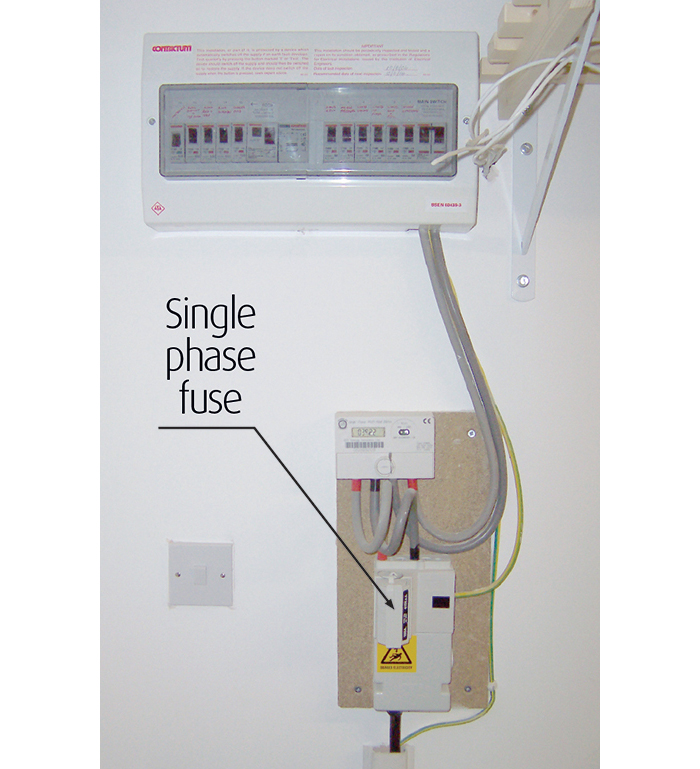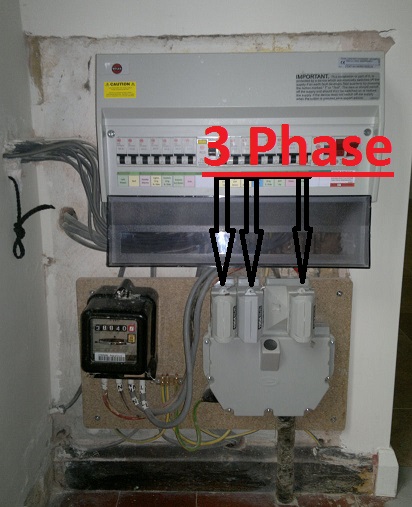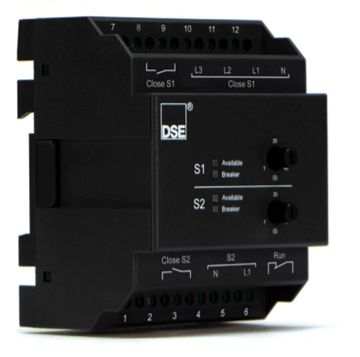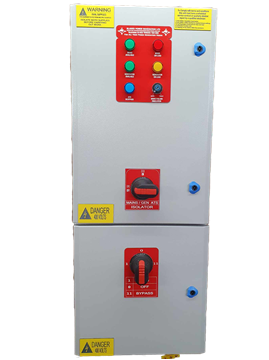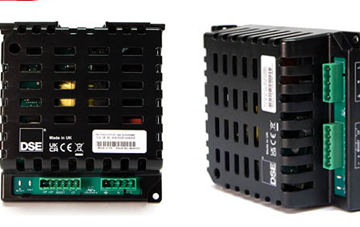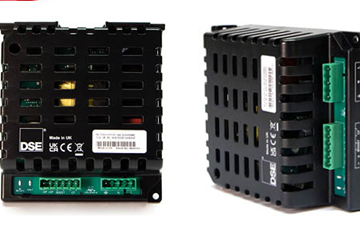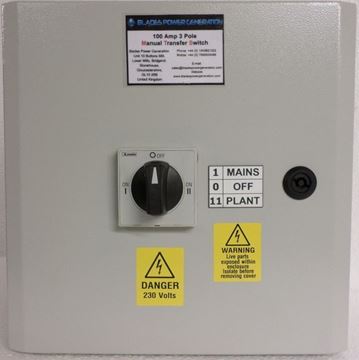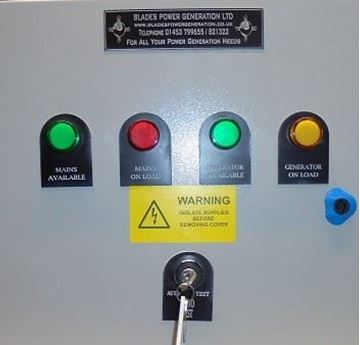A manual transfer switch generator in the UK connects your generator to your electrical system. It allows you to switch from utility power to generator power when needed. Unlike automatic versions, it requires manual operation. This hands-on approach suits those who prefer direct oversight. In the UK, where regulations emphasise safety, these switches ensure a secure transition. They prevent back-feeding into the grid, which could endanger utility workers.
Our models at Blades Power Generation use durable materials like IP65 steel enclosures. These resist damage from harsh conditions. Such build quality means they last through repeated use. For anyone dealing with frequent power cuts, this reliability proves invaluable.
Homeowners: Protecting Everyday Life from Power Interruptions
Many UK homeowners install a manual transfer switch generator to maintain essential functions during outages.
Families with medical equipment at home find these switches crucial. They keep life-support devices running without a hitch. Even for general use, they power lights, heating, and appliances. Our customers often choose them for their simplicity. No complex electronics means fewer points of failure. This appeals to those who value straightforward emergency power solutions.
Consider a scenario where grid power fails at night. With a manual switch, you activate your generator quickly. It feeds power to selected circuits. This targeted approach saves fuel and extends generator life. In the UK market, where energy costs rise, efficiency like this matters..
Businesses: Ensuring Continuity in Critical Operations
Commercial users form a large part of our clientele for manual transfer switch generators in the UK. In 2025, as businesses digitise more, even brief interruptions risk data loss.
We supply these switches to mission-critical facilities, including hospitals. There, they support backup power for vital equipment. Generator switchgear integrates seamlessly, allowing smooth shifts to emergency power. For budget-conscious firms, pairing with used generators makes sense. Our range includes both new and used options, all backed by service to keep them operational.
Larger organisations might combine manual switches with building management systems (BMS). This setup enhances overall electrical efficiency. It provides extra security layers, vital in sectors like healthcare or manufacturing. The manual aspect allows trained staff to intervene, adding a human element to automation-heavy environments.
Why Manual Transfer Switch Generators Matter in 2025
Technology advances, yet manual transfer switch generators in the UK remain relevant. Automatic systems dominate headlines, but manuals offer unique advantages.
Safety stands at the forefront. Manual operation reduces automation errors. It complies with UK standards, ensuring peace of mind. As energy transitions accelerate, grids face new pressures. Renewables integration sometimes leads to instability. A manual switch bridges these gaps effectively.
Durability plays a key role, too. Our steel-insulated components withstand wear. They resist deformation or fire risks, ideal for long-term use.
Find the right one for your needs on your website.













